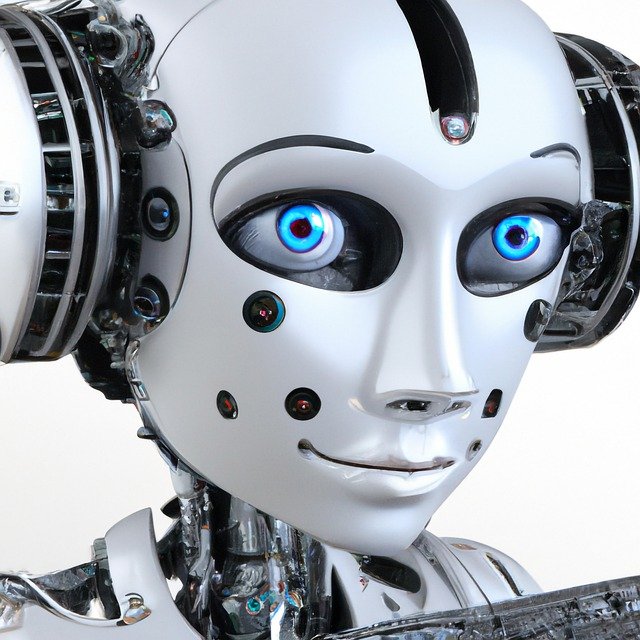Section 1: The Rise of AI Technology in Business
In recent years, Artificial Intelligence (AI) technology has been making waves in the business world. From improving efficiency and productivity to enhancing customer experience, AI has revolutionized the way businesses operate. With its ability to analyze vast amounts of data and make decisions, AI has become an indispensable tool for businesses of all sizes. In this article, we will explore the endless possibilities of AI technology and how it is transforming the business landscape.
The term “Artificial Intelligence” may conjure up images of robots and sci-fi movies, but in reality, AI is much more than that. It encompasses a wide range of technologies that enable machines to perform tasks that would normally require human intelligence. These include natural language processing, machine learning, and computer vision. With the advancements in AI, businesses are now able to automate repetitive tasks, make data-driven decisions, and even interact with customers in a more personalized manner.
Section 2: The Benefits of AI for Businesses
One of the main advantages of AI technology is its ability to process and analyze vast amounts of data at a speed and accuracy that is impossible for humans to achieve. This means that businesses can make more informed decisions based on real-time data, leading to improved efficiency and cost savings. For example, AI-powered chatbots can handle customer inquiries and complaints, freeing up human employees to focus on more complex tasks.
Moreover, AI can help businesses personalize their offerings to meet the specific needs of their customers. By analyzing customer data, AI can identify patterns and preferences, allowing businesses to tailor their products and services accordingly. This not only improves customer satisfaction but also increases the chances of customer retention and loyalty.
Another significant benefit of AI technology is its ability to automate tasks that are time-consuming and prone to human error. This includes tasks such as data entry, inventory management, and even financial reporting. By automating these processes, businesses can save time and resources, allowing employees to focus on more critical tasks that require human creativity and problem-solving skills.
Section 3: AI Technology in Various Industries
The impact of AI technology is not limited to a few industries; it has the potential to transform businesses in every sector. In the healthcare industry, for example, AI is being used to analyze medical images and detect diseases at an early stage, leading to more accurate diagnoses and better treatment outcomes. In the retail sector, AI is being used to personalize the shopping experience for customers, making recommendations based on their past purchases and browsing history.
In the financial sector, AI is being used to detect fraud and prevent cyber attacks. By analyzing patterns and anomalies in financial transactions, AI can flag suspicious activities and alert authorities, reducing the risk of financial losses. In the manufacturing industry, AI-powered robots are being used to automate production processes, leading to increased efficiency and lower costs.
Furthermore, AI technology is also making its way into the education sector. AI-powered chatbots are being used to assist students with their studies, providing them with personalized learning materials and answering their questions in real-time. This not only improves the learning experience for students but also relieves teachers of some of their workload.
Section 4: The Future of AI in Business
As AI technology continues to evolve, the possibilities for its application in business are endless. In the near future, we can expect to see more businesses adopting AI to streamline their processes, improve customer experience, and gain a competitive edge. With the rise of Internet of Things (IoT) devices, AI will also play a crucial role in analyzing and making sense of the vast amounts of data generated by these devices.
Moreover, with the advancements in natural language processing, AI will become even more conversational and human-like, allowing businesses to interact with their customers in a more personalized and natural manner. This will not only improve customer satisfaction but also help businesses gain valuable insights into their customers’ needs and preferences.
However, with the rise of AI, there are also concerns about its impact on the job market. As AI technology becomes more advanced, it is expected to replace some jobs that are currently performed by humans. This calls for businesses to upskill their employees and prepare them for the changing job landscape.
In conclusion, AI technology has the potential to revolutionize businesses in ways we never thought possible. From improving efficiency and productivity to enhancing customer experience, the benefits of AI are endless. As businesses continue to embrace AI, it is essential to ensure that it is used ethically and responsibly to create a better and more sustainable future for all.










